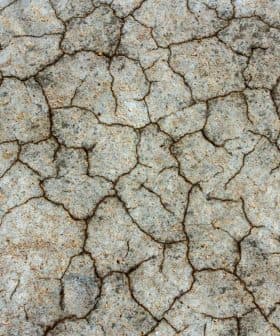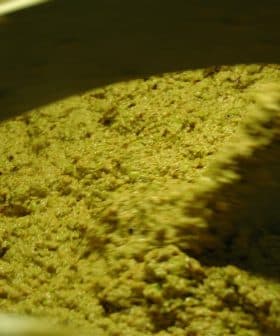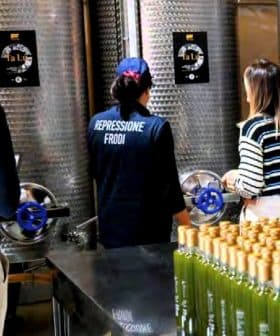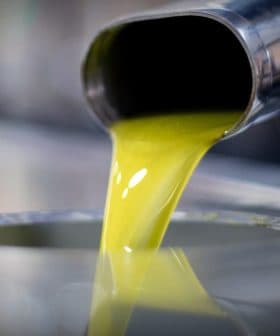Researchers Propose New Tool Against Fraud
A new approach appears sensitive to detection of adulteration with lower grade oils.
A recent study by scientists in the Netherlands focused on detecting adulteration of extra virgin olive oil with refined oils by analyzing the presence of compounds formed in the refining process and remaining in fully processed oils. The study found that cold-pressed oils had significantly lower levels of certain compounds compared to refined oils, and that these compounds could be used to detect fraud in extra virgin olive oil with lower processing grade oils.
Detecting adulteration of extra virgin olive oil by dilution with refined oils is challenging because testing often reveals the presence of compounds naturally present in both oils.
A recent study by scientists at Wagneningen University and Research, Netherlands, focused on determining the presence of compounds that are formed in the refining process and remain in fully processed olive oils and other vegetable oils. “Monochloropropanediol (MCPD) esters and glycidyl esters (GEs) may be that kind of compounds, but few studies have looked into these compounds in olive oils so far,” the authors wrote.
Previous studies have shown that temperature, heating time, pH value, moisture content, pressure, and oil type promote the formation of these compounds. Formation of 3‑MCPD esters and GEs is associated with high temperature, a method employed in the production of refined oils. Higher formation of glycidol in refined oil may also be attributed to water used in the degumming process. These compounds, formed in processing, are hard to remove.
In this study, oil samples were tested by gas chromatography tandem mass spectrometry (GC-MS-/MS) for the presence of 2‑MCPD esters, 3‑MCPD esters, and GEs. Ninety-four samples included 30 extra virgin olive oil, 16 pomace oil, 18 refined olive oil, 8 cold-pressed vegetable oil, 12 refined vegetable oil, and 10 blends.
The concentrations of the three compounds in the cold-pressed oils (EVOO and cold-pressed vegetable oil) were significantly lower than in pomace oil or refined olive oil. The refined vegetable oil showed values between these groups.
Researchers at Wagneningen also considered the levels of these compounds from a health standpoint. Various studies have shown their toxicity as possibly carcinogenic. The total daily intake for an adult person (60kg) of 3‑MCPD esters would theoretically be reached by consuming 1845.6g (approx. 1.8 liters) of EVOO per day, 39.6g (3 tablespoons) of refined olive oil per day, or 16.9 (1 tablespoon) of pomace oil per day. In practice, it’s possible to reach these levels. “It’s obvious that the refined oils in the current study may contribute to the daily intake of 3‑MCPD esters for users of these oils and most likely to the intake of 2‑MCPD esters and GEs as well,” the authors said.
“Cold-pressed oils showed significantly lower levels of MCPD esters and GEs than their refined counterparts,” the authors concluded. Calculations revealed that 3‑MCPD ester, 2‑MCD esters, and GEs would allow detection of adulteration of EVOO with 2 percent, 5 percent and 13 to 14 percent refined olive oil or pomace olive oil with 95 percent confidence. “This approach appears very promising and sensitive to detection of EVOO fraud with lower processing grade oils,” they said.









